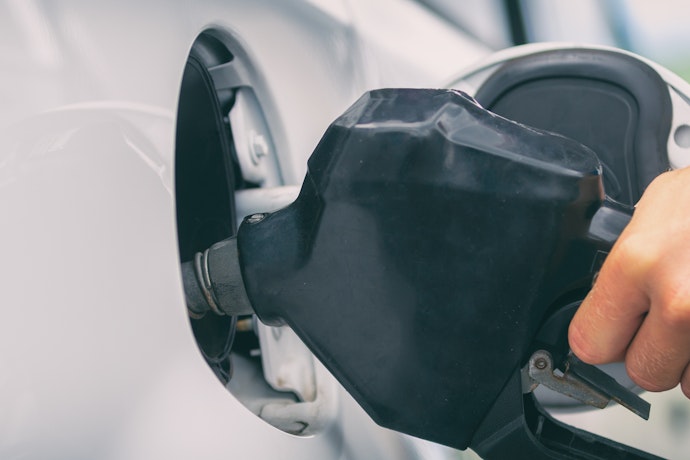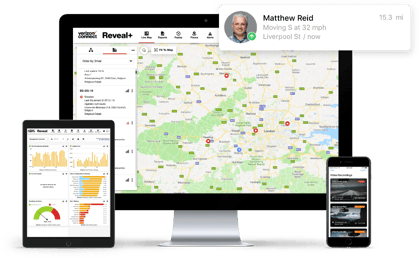9 Secrets to Reducing your Fleet Expenses
As a fleet owner, your day-to-day costs can quickly add up. What you don’t know is there are further hidden, expensive...
Read more
Fuel is often the biggest operating expense for most fleets. And with prices at the pump fluctuating, it’s not always easy to keep a handle on costs.
But while fuel expenses may be unavoidable, with the right tools in place, there is plenty that can be done to reduce fuel consumption and potentially bring down costs.
Slowing down is one of the simplest ways to reduce fuel consumption across your fleet. Generally speaking, vehicles are at their most fuel-efficient between 45 and 50 mph so try to stick to this limit where possible.
Of course, if your drivers are regularly to be found on the motorway then this is not practical. Although, speed should still be a consideration. Driving at 80mph, uses 10% more fuel than at 70mph, for example.
There may be times when idling is necessary. Nevertheless, if you intend to be stationary for more than about a minute, it pays to switch off your engine. And doing so could lead to significant savings.
Idling is estimated to cost UK and Irish businesses around £3.3bn every year.
With anti-idling measures shown to return fuel savings of up to 5%, the potential cost saving here is enormous – studies have shown that just one hour of idling across a fleet can consume 1.85 gallons (8.4 litres) of fuel.
At current average diesel prices, that’s £11 an hour completely wasted.
Regular vehicle maintenance can not only improve the life expectancy of your vehicles, it has also been shown to reduce fuel costs.
Find the right solution for your business with our free Fleet Management Buyer’s Guide.
Simple, routine servicing such as an oil change can improve fuel economy by up to 2% while adjusting tyre pressure can make a 3% improvement. Meanwhile, regular engine tuning can improve average MPG by up to 4%.
Significant repairs, such as replacing faulty sensors, can make more of a significant difference, improving MPG by up to 40% in some cases.
Personal mileage has the potential to increase your fuel costs in a number of ways. Even if your staff members contribute toward the cost of personal mileage, inefficient tracking or fluctuating fuel prices could still mean you are out of pocket.
Then there is the issue of fuel fraud which, unfortunately, 93% of fleet managers believe to be taking place among their fleets.
Matching fuel cards to purchase receipts can help to reduce fraudulent claims while adequately tracking all instances of personal use can help to ensure staff are covering the necessary costs.
Enhancing every driver’s daily routes can help to reduce unnecessary mileage and lower fuel costs.
As well as reducing out of route miles, smarter routing can also help you to add additional jobs into the working day, potentially improving fuel efficiency.
Taking into account outside factors such as congestion when planning routes can also decrease time spent behind the wheel and total mileage across your fleet. This type of smart routing has been shown to reduce average fleet mileage by around 10%.
To hear more about how to reduce your fuel costs, why not schedule a short product demo?
Tags: Cost control



Find out how our platform gives you the visibility you need to get more done.
As a fleet owner, your day-to-day costs can quickly add up. What you don’t know is there are further hidden, expensive...
Read moreVerizon Connect Reveal tracks the fleet data that can have a big impact on your business. These are things like where...
Read moreAt Verizon Connect, we can only provide the highest possible level of service to fleet managers and business owners by...
Read moreReveal tracks the fleet data that can have a big impact on your business. These are things like where your vehicles are...
Read more